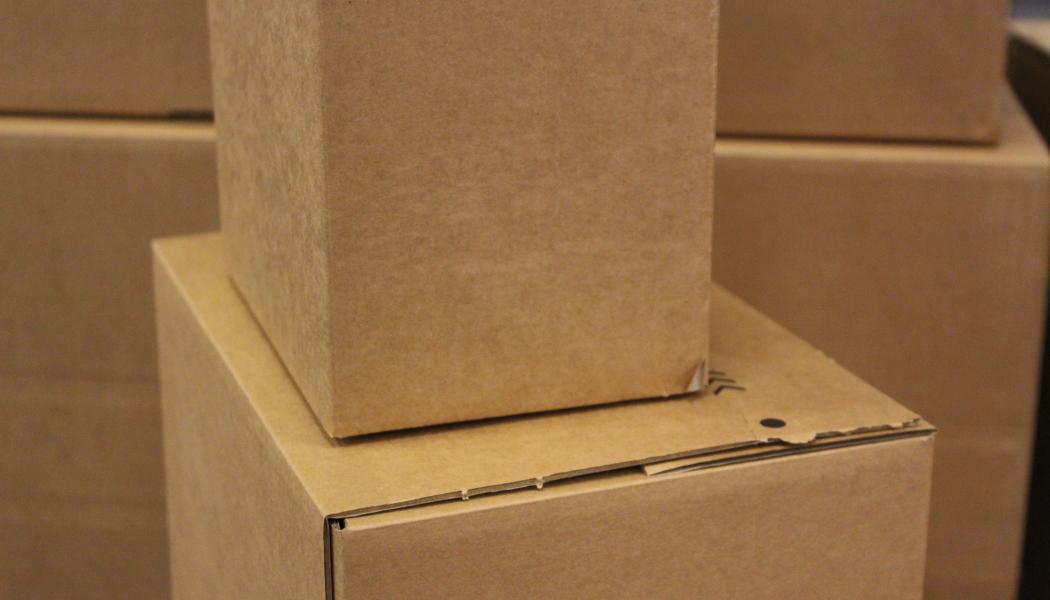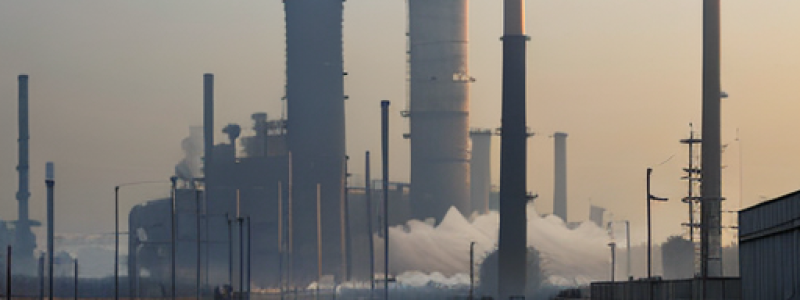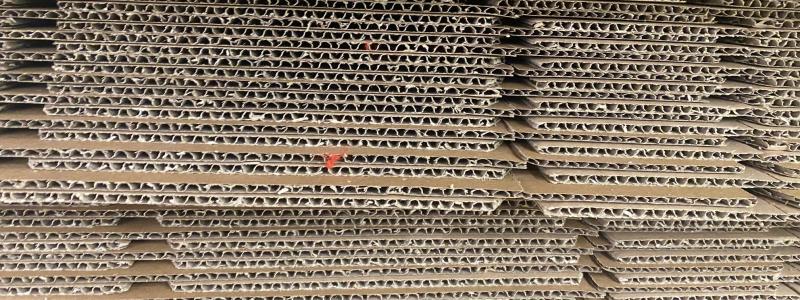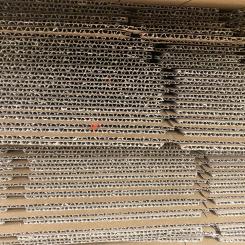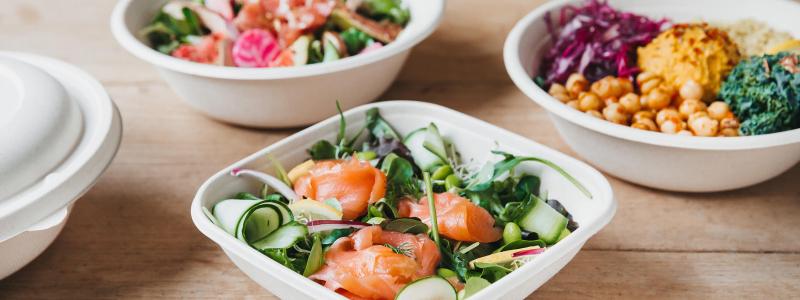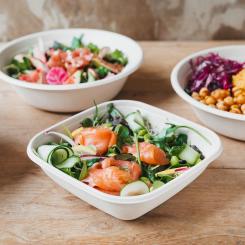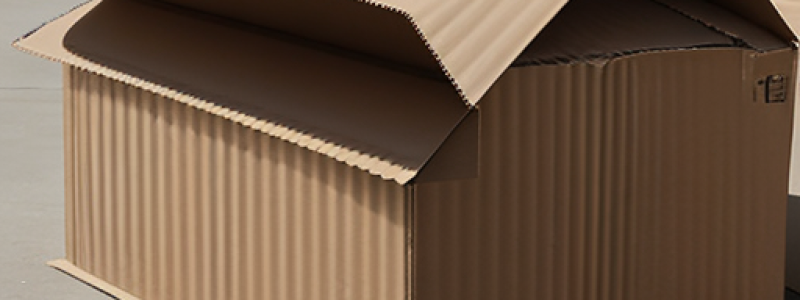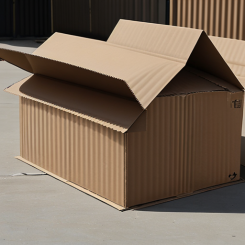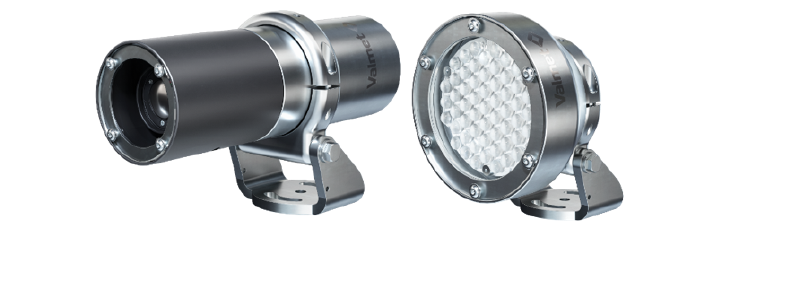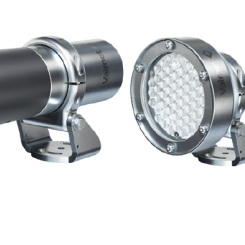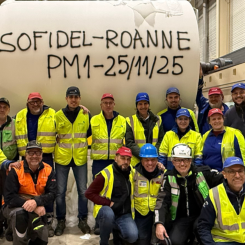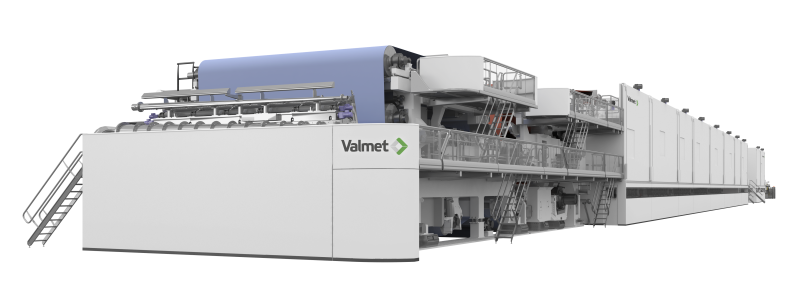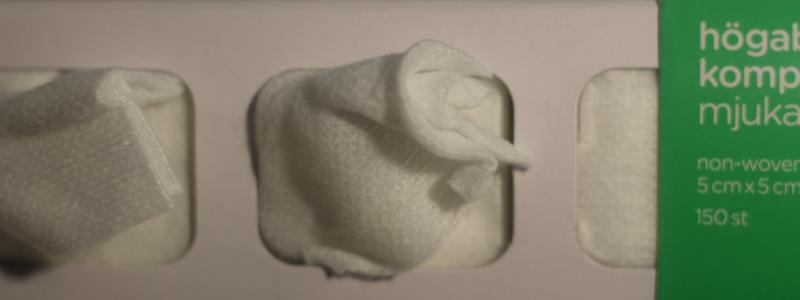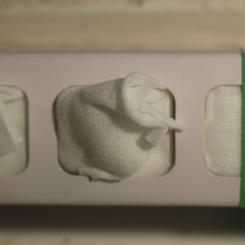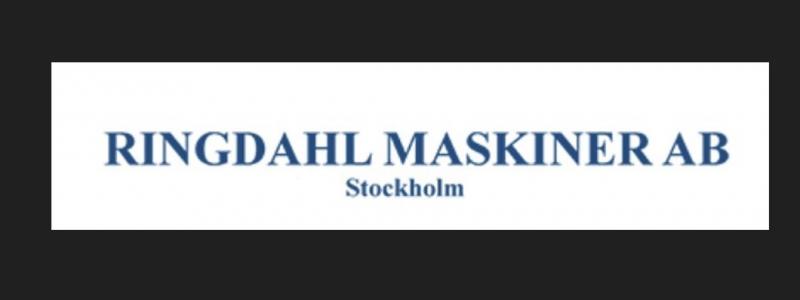The European Commission is proposing new EU-wide rules on packaging, to tackle this constantly growing source of waste.
The new rules aim to stop this trend. For consumers, they will ensure reusable packaging options, get rid of unnecessary packaging, limit overpackaging, and provide clear labels to support correct recycling. For the industry, they will create new business opportunities, especially for smaller companies, decrease the need for virgin materials, boosting Europe's recycling capacity as well as making Europe less dependent on primary resources and external suppliers, according to the EC. They will put the packaging sector on track for climate neutrality by 2050.
The Commission also brings clarity to consumers and industry on biobased, compostable and biodegradable plastics: setting out for which applications such plastics are truly environmentally beneficial and how they should be designed, disposed of and recycled.
The proposals are key building blocks of the European Green Deal's Circular Economy Action Plan and its objective to make sustainable products the norm. They also respond to specific demands of Europeans as expressed at the Conference on the Future of Europe.
Preventing packaging waste, boosting reuse and refill, and making all packaging recyclable by 2030
The proposed revision of the EU legislation on Packaging and Packaging Waste has three main objectives. First, to prevent the generation of packaging waste: reduce it in quantity, restrict unnecessary packaging and promote reusable and refillable packaging solutions. Second, to boost high quality (‘closed loop') recycling: make all packaging on the EU market recyclable in an economically viable way by 2030. And finally, to reduce the need for primary natural resources and create a well-functioning market for secondary raw materials, increasing the use of recycled plastics in packaging through mandatory targets.
The headline target is to reduce packaging waste by 15% by 2040 per Member State per capita, compared to 2018. This would lead to an overall waste reduction in the EU of some 37% compared to a scenario without changing the legislation. It will happen through both reuse and recycling.
To foster reuse or refill of packaging, which has declined steeply in the last 20 years, companies will have to offer a certain percentage of their products to consumers in reusable or refillable packaging, for example takeaway drinks and meals or e-commerce deliveries. There will also be some standardisation of packaging formats and clear labelling of reusable packaging.
To address clearly unnecessary packaging, certain forms of packaging will be banned, for example single-use packaging for food and beverages when consumed inside restaurants and cafes, single-use packaging for fruits and vegetables, miniature shampoo bottles and other miniature packaging in hotels.
Many measures aim to make packaging fully recyclable by 2030. This includes setting design criteria for packaging; creating mandatory deposit return systems for plastic bottles and aluminium cans; and making it clear which very limited types of packaging must be compostable so that consumers can throw these to biowaste.
There will also be mandatory rates of recycled content that producers have to include in new plastic packaging. This will help turn recycled plastic into a valuable raw material – as already shown by the example of PET bottles in the context of the Single-Use Plastics Directive.
The proposal will clear up confusion on which packaging belongs to which recycling bin. Every piece of packaging will carry a label showing what the packaging is made of and in which waste stream it should go. Waste collection containers will carry the same labels. The same symbols will be used everywhere in the EU.
By 2030, the proposed measures would bring greenhouse gas emissions from packaging down to 43 million tonnes compared to 66 million if the legislation is not changed – the reduction is about as much as the annual emissions of Croatia. Water use would be reduced by 1.1 million m3. The costs of environmental damage for the economy and society would be reduced by €6.4 billion relative to the baseline 2030.
The proposal on packaging and packaging waste will now be considered by the European Parliament and the Council, in the ordinary legislative procedure.





